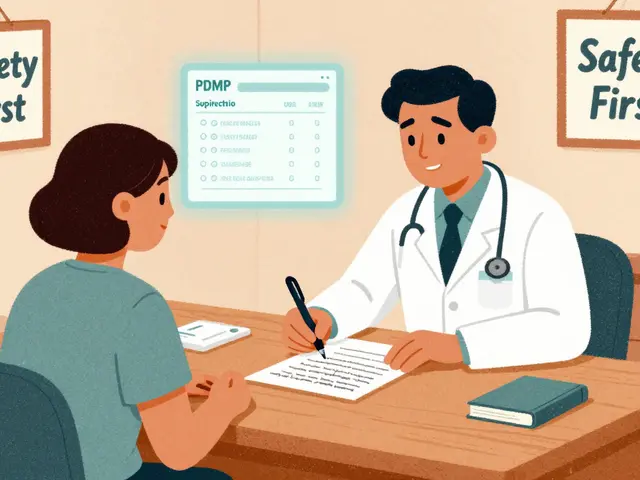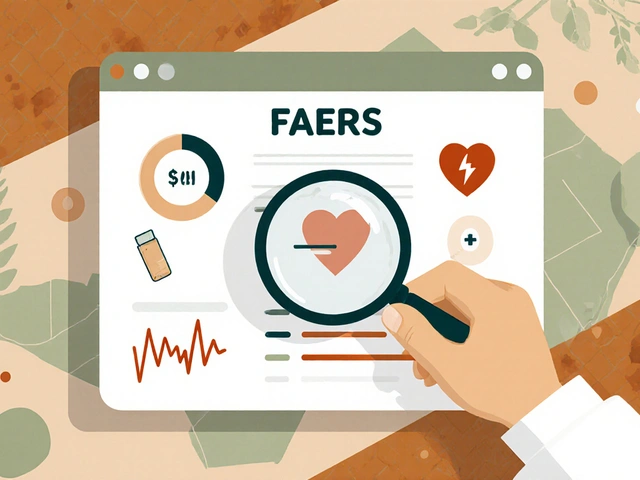communication: How to talk about medicines, online pharmacies, and safety
A quick message, a confusing label, or a missing prescription can change how a medicine works for you. This tag collects practical advice on clear communication about drugs—buying online, talking to your GP, or checking a pharmacy listing. Read the short, useful tips below to make safer choices fast.
Ask direct questions. When you contact an online pharmacy or pharmacist, ask: Do you require a prescription? Can you share your licence or registration number? Which brand and strength will I receive? How do you handle returns and expired medications? Getting these answers before you buy reduces surprises.
Verify the provider. Real pharmacies show a physical address, a working phone number, and a licence or registration that you can check with a regulator like the MHRA, FDA or your national health service. If a site only has email forms, no phone, or vague company info, treat that as a warning sign.
Practical tips when talking to clinicians
Be specific in appointments. Say exactly what you take, including OTC drugs, supplements and herbal products. Describe side effects with timing: when they started, how long they lasted, and how severe they were. Ask: Is there a safer cheaper alternative? What should I watch for in the first 48–72 hours?
If you use telehealth or online prescriptions, confirm follow-up steps. Who do you call for a bad reaction? Will your GP receive a copy of the prescription? Reliable services give clear contact names and next steps; if they don’t, ask until you get a straight answer.
How to read online listings and reviews
Check product details closely. Look for ingredient lists, dosage, expiry dates, and storage instructions. Screenshot product pages that list price, batch number, or guarantees. If a site promises “no prescription needed” for meds that normally need one, step away—this is illegal in many countries and risky for your health.
Use reviews wisely. Look for repeated issues like wrong items, fake products, or slow shipping. One or two bad reviews happen everywhere; patterns matter. Also watch payment methods. Sites that ask for wire transfers, gift cards, or cryptocurrency instead of card or secure payment processors are high risk.
Keep records and protect your data. Save order confirmations, chat logs, and prescription uploads. Only upload prescriptions on HTTPS sites. Use payment methods with fraud protection. If you receive the wrong drug or a suspected fake, report it to your regulator and the pharmacy immediately.
Want targeted help? Browse the posts under this tag for step-by-step guides on buying specific drugs, honest online pharmacy reviews, and medication alternatives so you can ask smarter questions and stay safe when ordering online.









